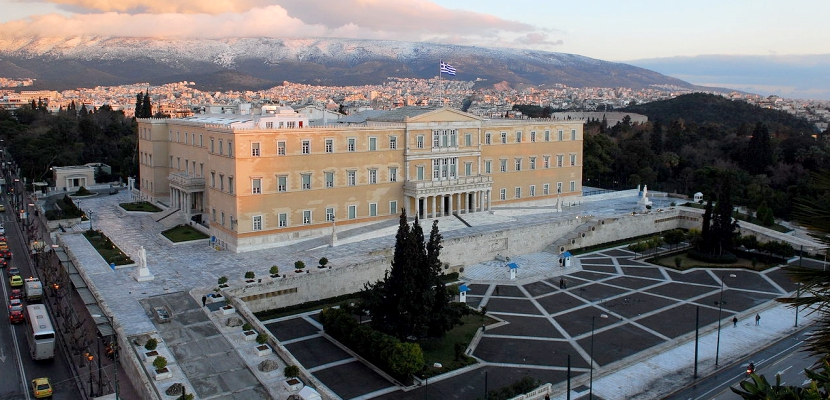
Athens is the center of economic, political and cultural life in Greece. The Athens agglomeration brings together a large part of the country's industry, with textile, alcohol, soap, chemical, paper, leather and pottery factories. On the other hand, publishing houses, banks and tourism are important factors in its economy. As for other uncompetitive countries and economies, Greece made its own profit by joining the European Union in 1981.
Certainly, Greece's entry into the European Union brought new investments to the city. Today its economy is marked by a predominance of the public sector and an increase in the tertiary sector. The Olympic Games in Athens contributed to strongly invigorate its economy. These Olympic Games were the engine of many infrastructure works in the city.
In 2009, Greece was severely affected by the world economic crisis. The state of its public finances and its debt left no choice other than the introduction of restrictive measures approved by the IMF combined with financial aid from the European Union. Greece had to go through a period of austerity in recent years to avoid the country's bankruptcy. The government's priority was to reduce public spending by 10%.
In return, an aid plan from the European Union as well as the International Monetary Fund were granted to the country. On the other hand, Greece promised to lower its deficit from 13,6% to 3%. Citizens, as a result of the cuts, multiplied strikes and demonstrations to protest against these measures deemed unfair. 20% of the population lives below the poverty line in Greece. The reduction in public spending is hitting the populations hard, in fact weakened by the crisis.